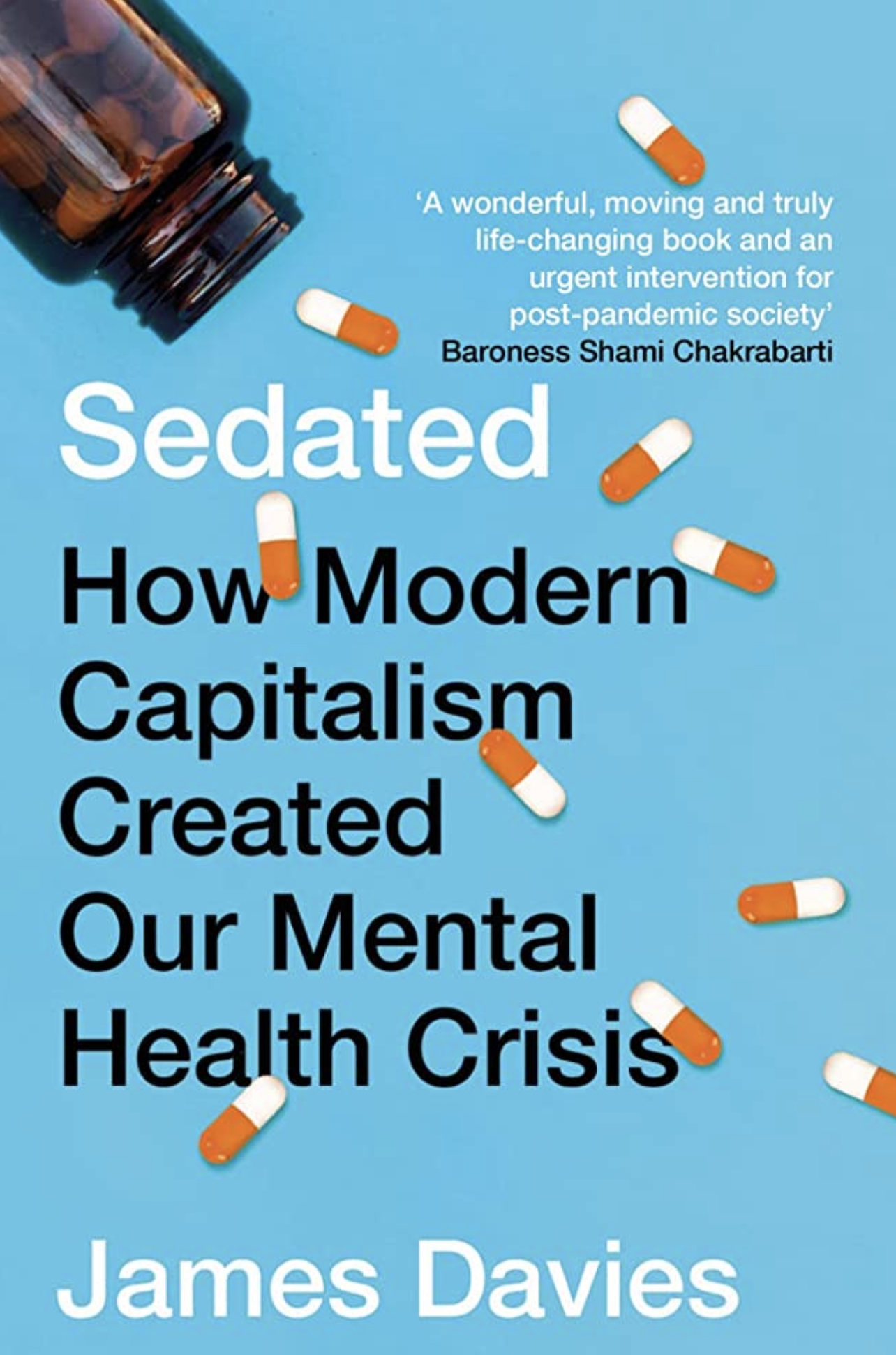← Sedated How Modern Capitalism Created our Mental Health Crisis
Sedated Chapter 6. EDUCATION AND THE RISE OF NEW MANAGERIALISM
Author: James Davies Publisher: Berkeley, CA: North Atlantic Books Publish Date: 2022-4-3 Review Date: Status:⌛️
Annotations
143
Ofsted’s answer was unequivocal: the schools themselves were to blame. Too many of them were misdiagnosing underachieving children with special needs problems, when their needs were ‘no different from those of most other pupils’. Many children were rather underachieving, Ofsted asserted, because there was still too much ‘poor day-to-day’ teaching and planning in schools. Some schools were therefore using these labels to explain away underachievement, to garner more expensive extra provision and, more importantly, to boost their position in league tables (as special needs labels gave schools higher grade weightings). As a result of misusing or ‘gaming’ these labels, stated Ofsted, as many as 457,000 children across the country had been ascribed them unnecessarily.
144
And yet, as the number of special needs pupils began to fall, other cracks began appearing in the system. Soon, many schools would once again be accused of gaming the system, but this time by using other strategies such as ‘off-rolling’ difficult or underachieving pupils. This involved head teachers encouraging parents to remove their children from the school roll under the pretext that the school would alternatively have to officially exclude them.5 When Ofsted surveyed over a thousand teachers as to why off-rolling was occurring, over half reported that it was to achieve or maintain a high position in league tables, such as those based on SATs scores or GCSE results.6
144
As well as off-rolling, other gaming strategies were alleged. These included moving low-attaining students onto vocational courses; shunting supply teachers into non-exam-taking years; reducing playtimes to create more class time; cutting academic options (especially in the arts) to force students to concentrate on English, maths and science; creating ‘soft options’ to circumvent difficult subjects;7 and in some extreme cases engaging in exam malpractice (which has reportedly increased among teachers by 150 per cent since 2014, with the most high-profile case concerning Prince Harry’s art teacher at Eton – hardly a state school, but you get the point).
146
For Strathern, the most recent wave of target culture, as I partly explored in Chapter Four, stemmed from the New Labour policies of the late 1990s, which introduced a new method of managing public sector institutions (schools, hospitals, universities) in the hope of making them more proficient and productive. This method was called ‘new managerialism’, and it stemmed from the belief, first propounded by Thatcher’s government, that public institutions always tended to inefficiency, unlike the competitively driven institutions of the market. To reduce this alleged inefficiency, then, you must make public institutions behave more like competitive businesses. And you could do this by designing and imposing target-driven incentives and punishments to force behaviour in more industrious directions.
146
To this end, government league tables were used to rank schools, hospitals and universities from high- to low-achieving. Staff were increasingly audited in terms of their output and productivity, while the language of public service was entirely overthrown. Service users were now called customers. Managers were called CEOs. And a plethora of other business terms reframed all institutional operations. Instead of competing for custom and profit, public servants and institutions now competed for higher placing in government rankings, with penalties and rewards being issued accordingly. In the case of schools, those ranked low would be called out for their failure, bringing reputational damage and further special interventions and inspections. Conversely, schools ranked high would be held up as exemplars to emulate, creating better prospects for ambitious staff, more autonomy of governance and greater financial stability.
147
After Strathern had recounted the rise of target culture from the 1980s (a culture that would also come to dominate the NHS therapy programme, IAPT, as we have seen), we then explored how its implementation across our education sector has generated negative effects that the architects of new managerialism never foresaw. ‘What target culture has ended up doing,’ she said, ‘is socialising a generation into judging themselves in terms of abstract measures that are continually making greater demands on their productivity.’ And as people struggle to reach these targets, ‘The temptation increases to gain an advantage in the system, especially if the resources you need to hit your targets are scarce.’ This last point is particularly important given that government spending on schools has dropped significantly since 2010, by about 8 per cent in real terms.9 In a period of deepening austerity, when we are trying to squeeze ever higher returns from ever fewer resources, cutting corners therefore becomes inevitable. ‘And this is when benign corruption starts to occur,’ said Strathern, ‘because when people are under this kind of impossible pressure, it simply becomes intelligent to play the system.’
